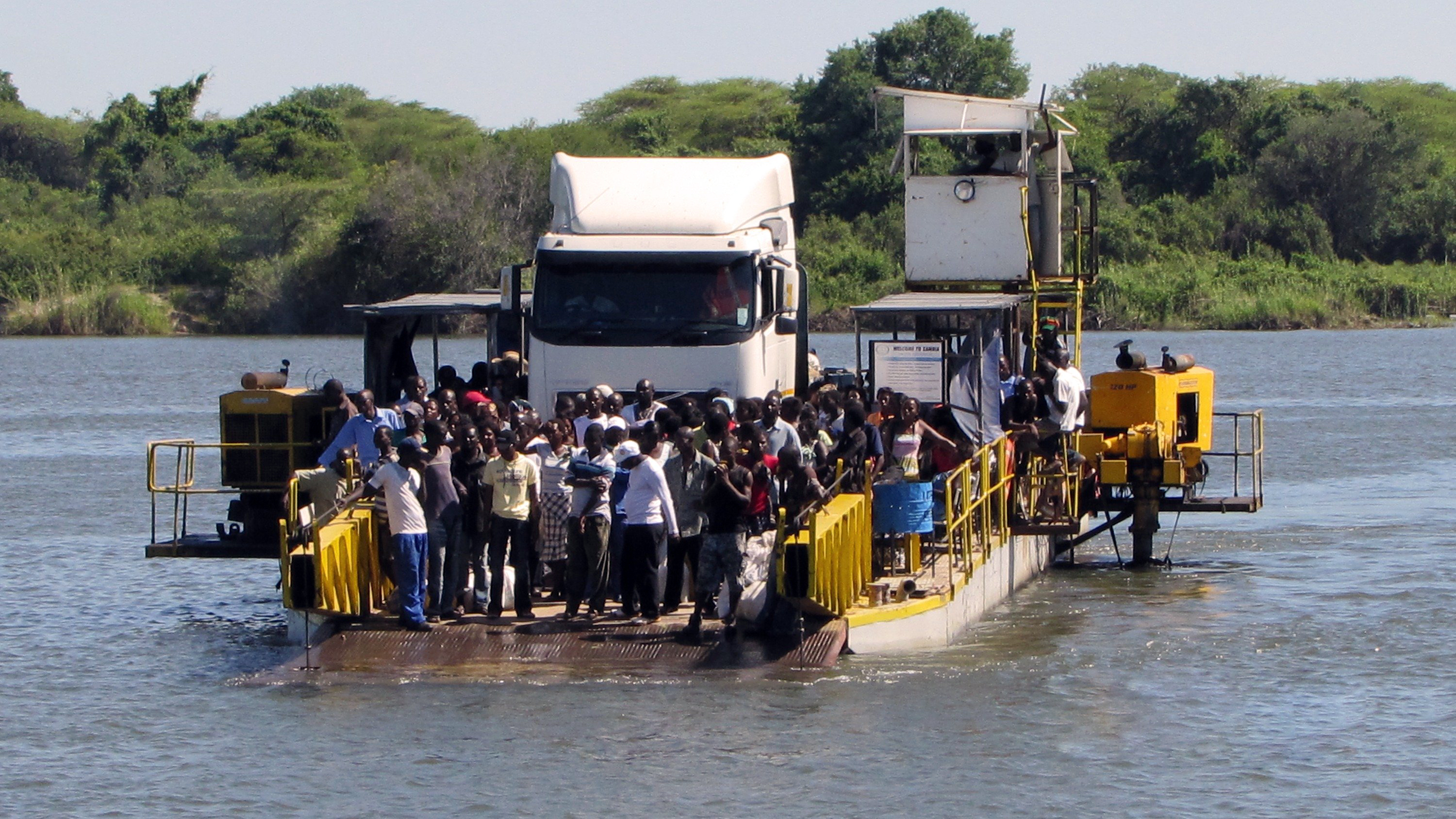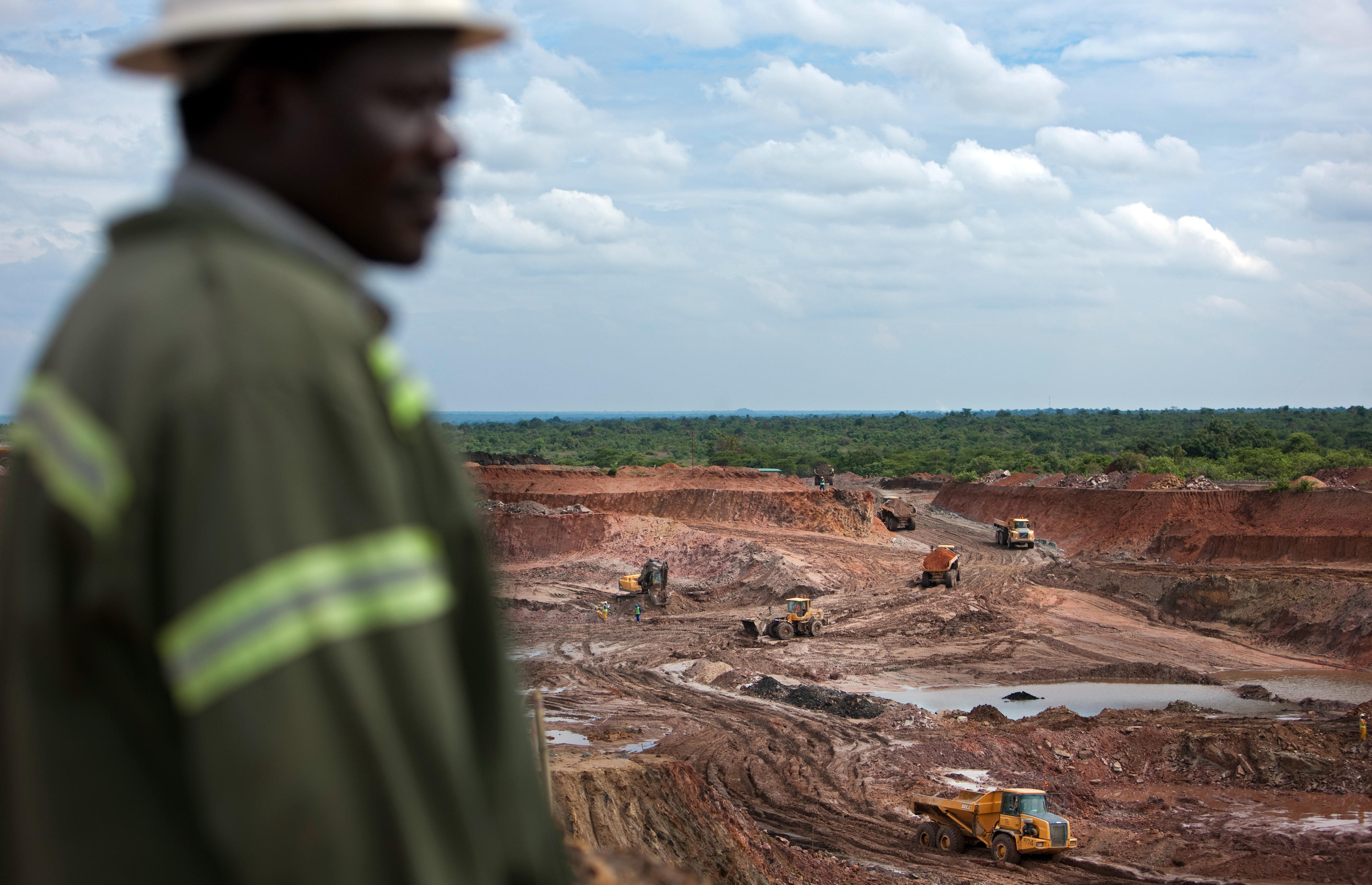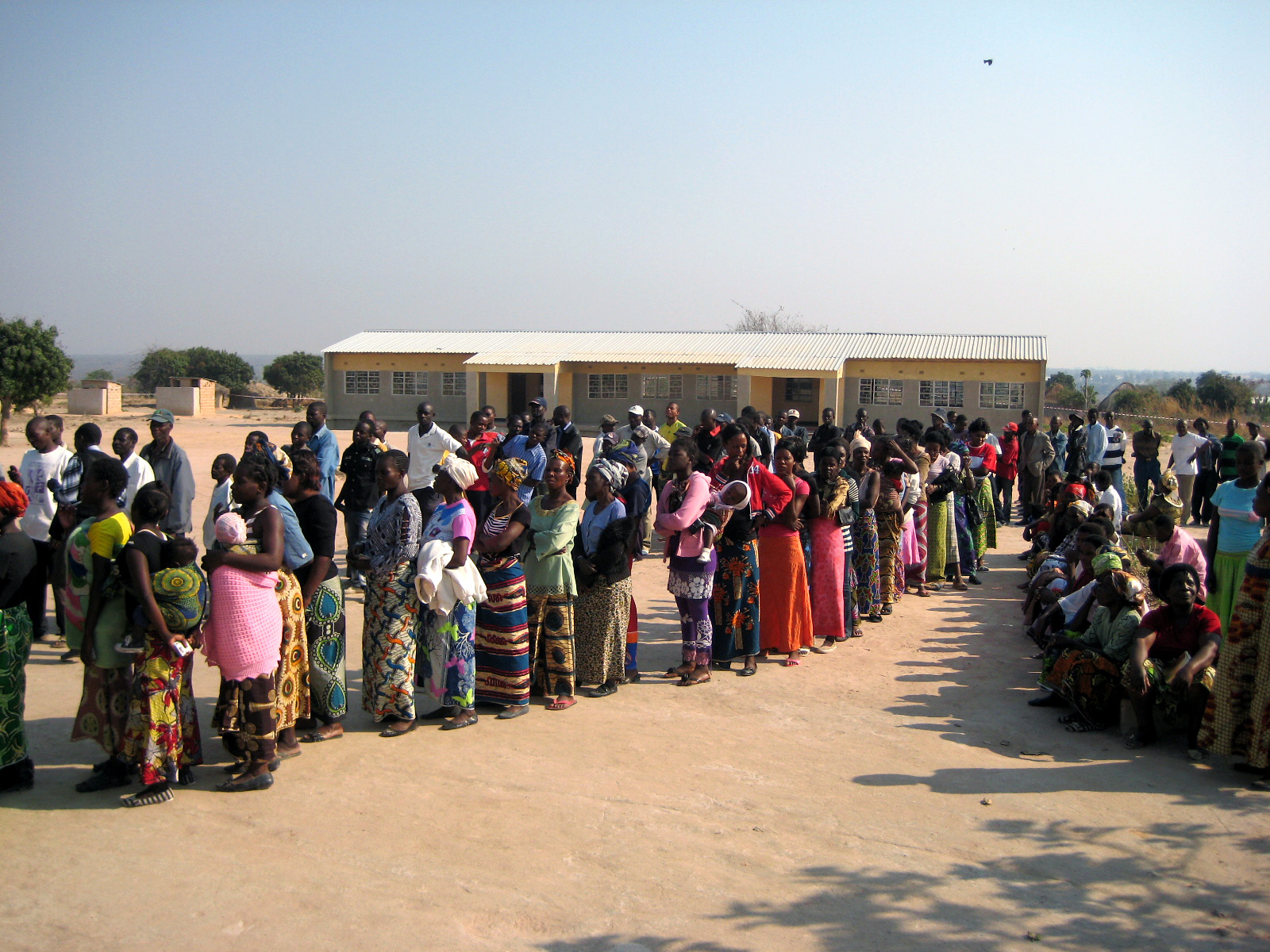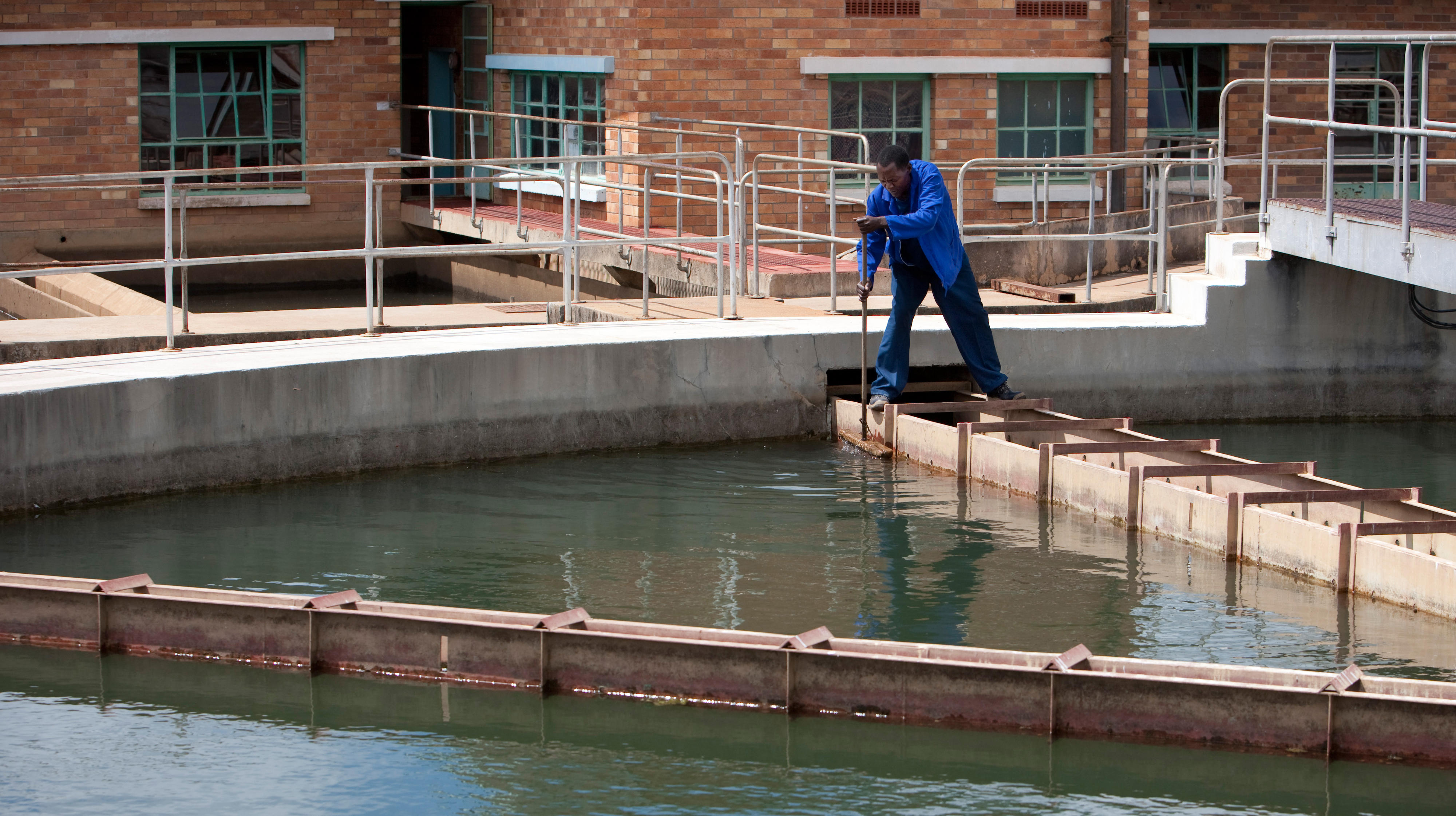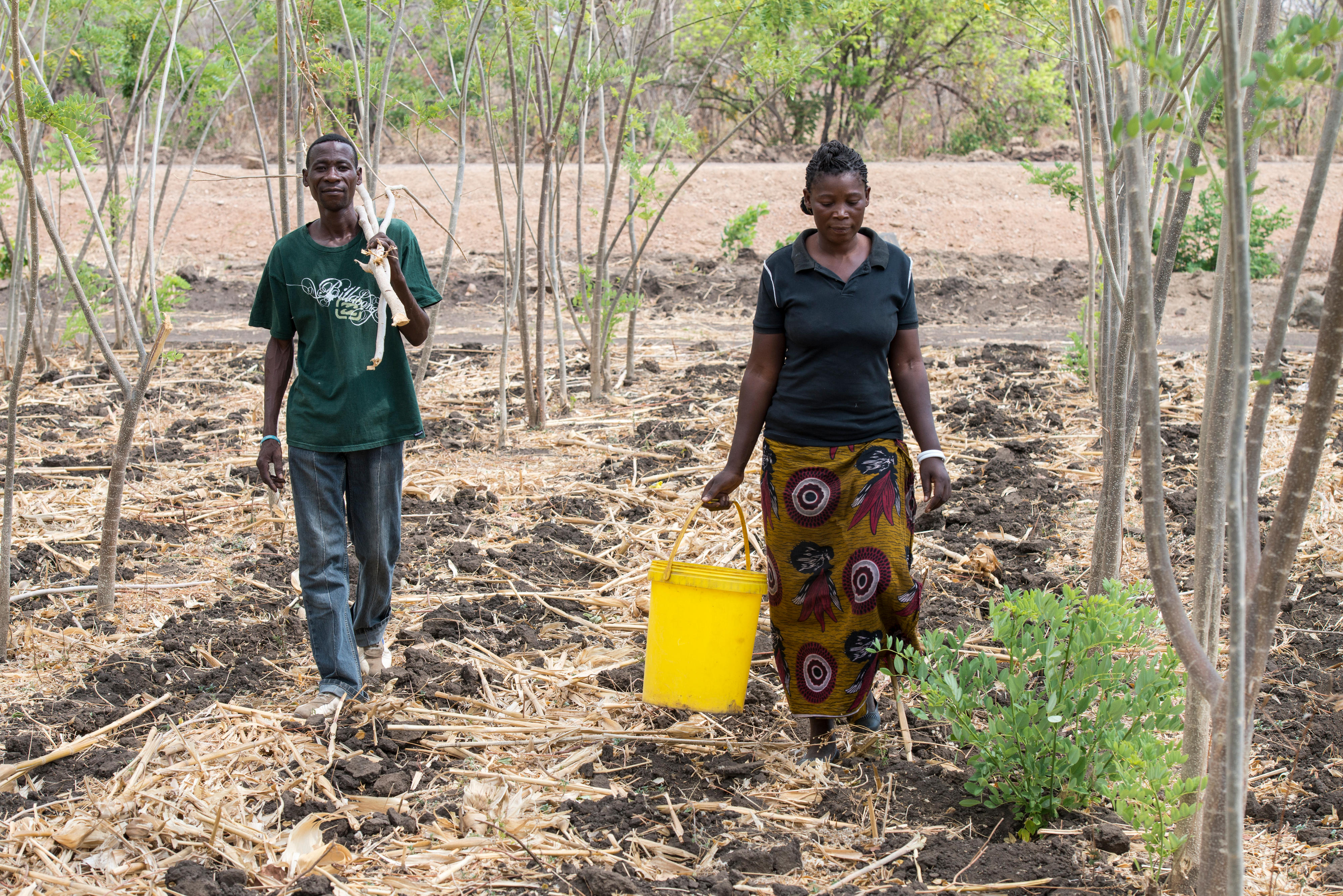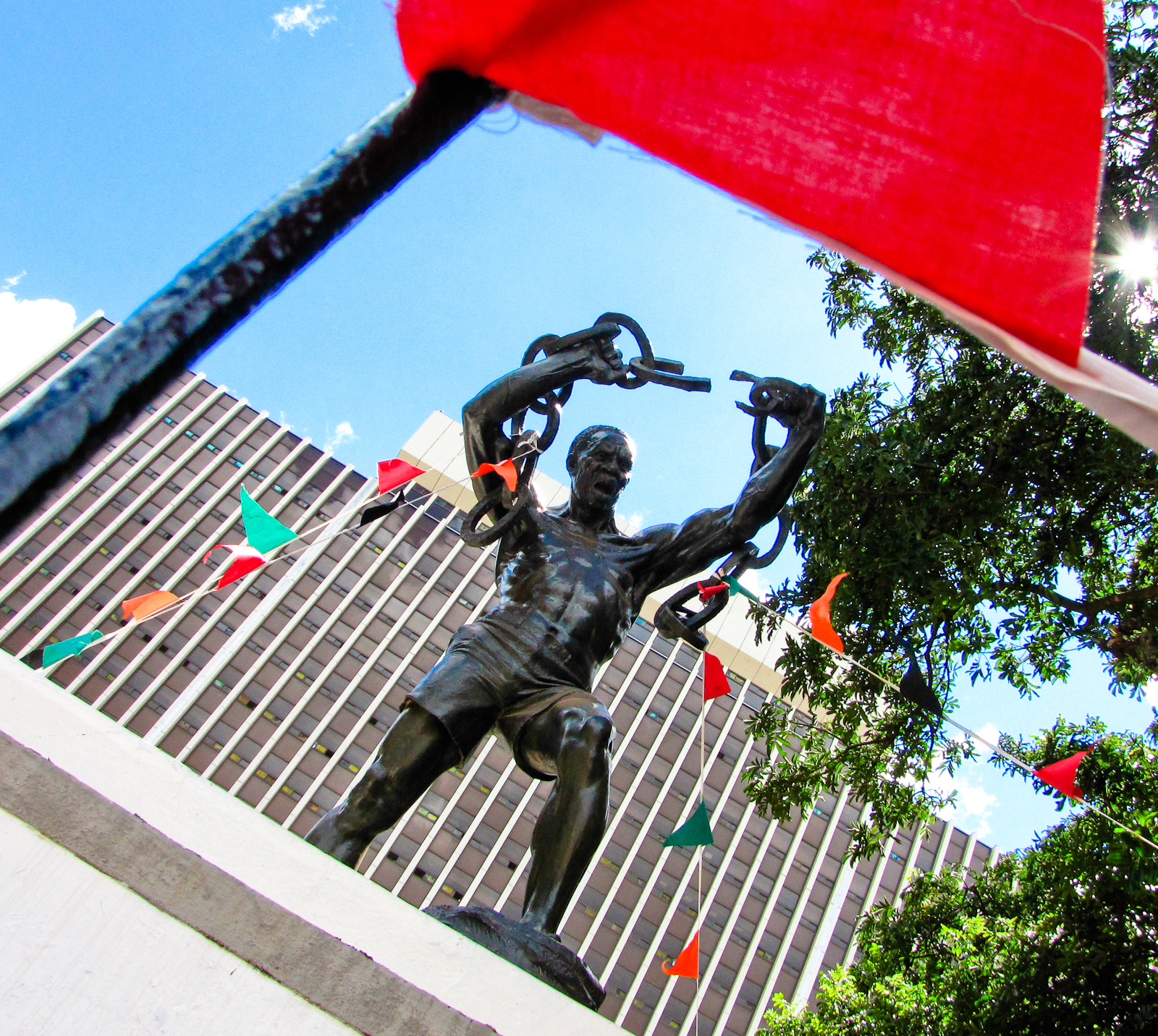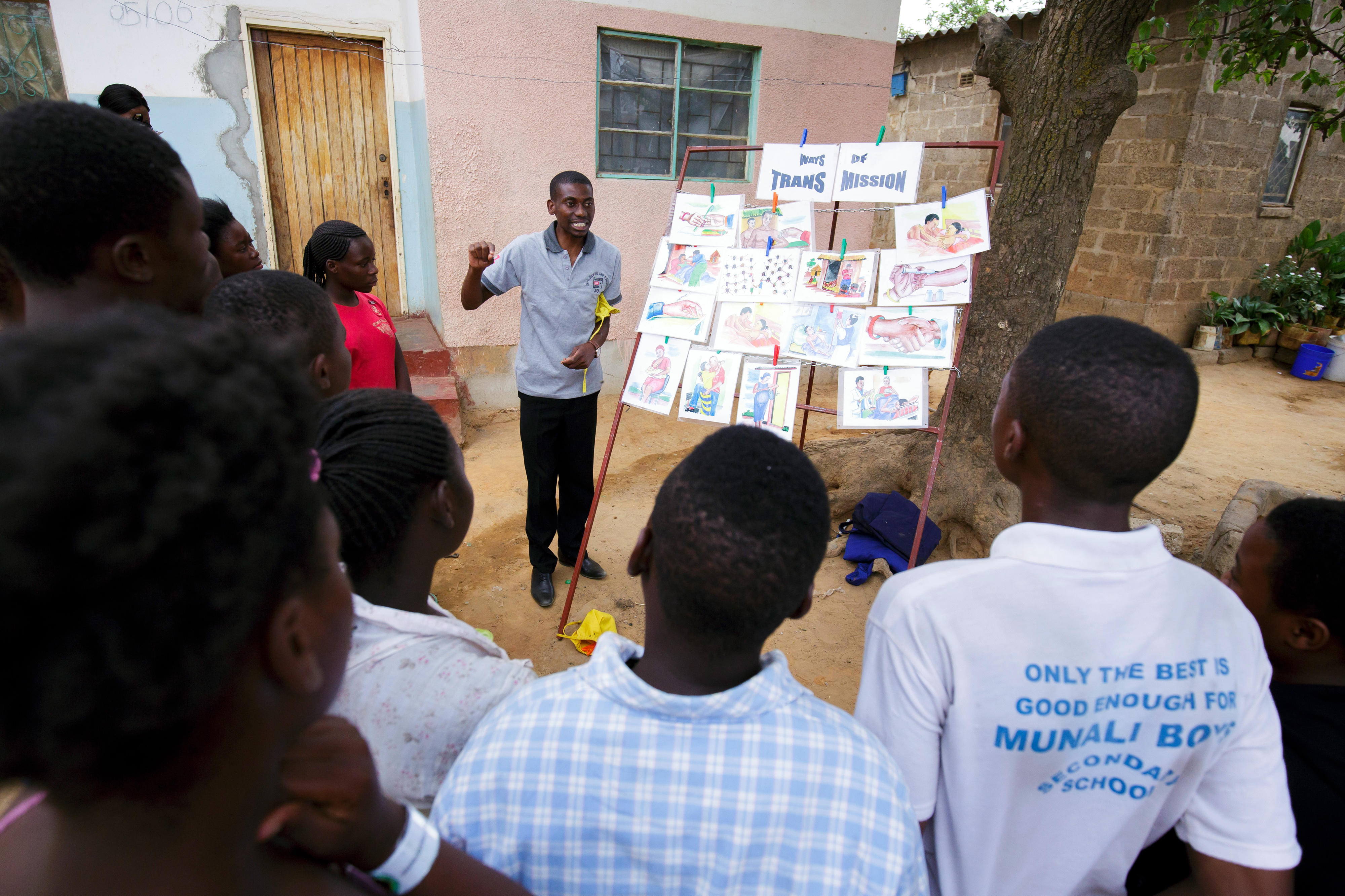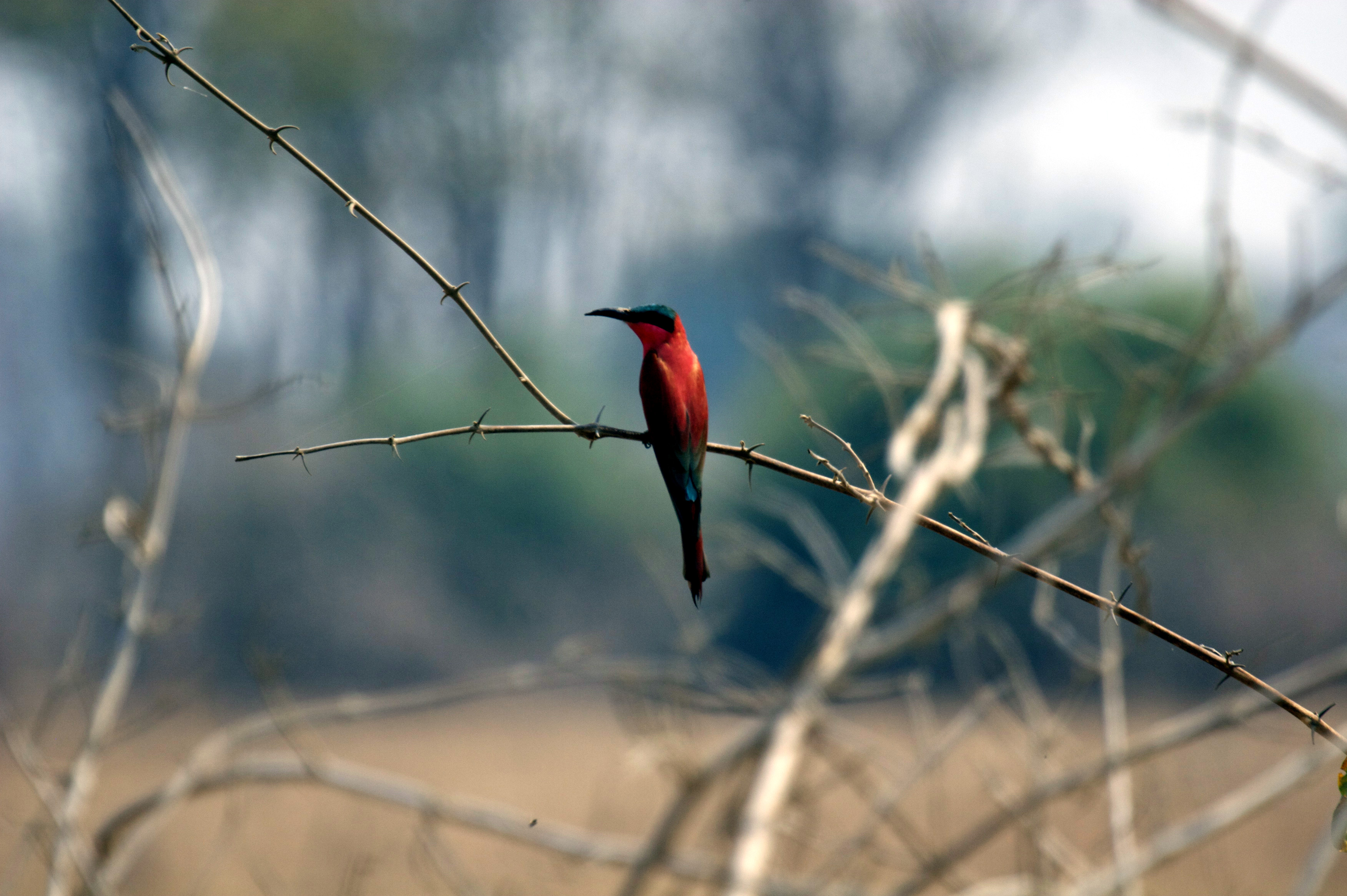Zambia
In summer 2021, Zambia experienced a peaceful change of power. At the presidential elections, the opposition candidate, Hakainde Hichilema, unexpectedly managed to successfully beat the incumbent president, Edgar Lungu. Lungu had been in power since 2015, becoming increasingly authoritarian and restricting the space for democratic participation more and more.
The government under President Hichilema is pursuing an ambitious reform agenda, but is facing considerable challenges. These include widespread poverty, malnutrition, the impacts of the COVID-19 pandemic, the consequences of climate change, pronounced social inequality, rapid population growth and extremely high levels of public debt. In late 2020, Zambia had to announce that it was defaulting on its debts to international creditors.
German development cooperation with Zambia
The Federal Republic of Germany and Zambia have maintained friendly relations since the country became independent in 1964. Germany is one of Zambia's larger international cooperation partners. At government negotiations in November 2022, the Federal Ministry for Economic Cooperation and Development (BMZ) made a new commitment of 94.5 million euros to Zambia. Under the BMZ's Special Initiative “Transformation of Agricultural and Food Systems”, an additional 43 million euros was made available to Zambia. The BMZ is making these commitments to support the ambitious political reform agenda of Zambian President Hichilema, who is committed to overcoming the high levels of public debt, enhancing democracy and pursuing active climate policies. The next government negotiations are probably going to take place in autumn 2024.
Development cooperation between Germany and Zambia is aimed at supporting Zambia's ambitious reform agenda. Part of the funds which were newly committed in November 2022 will be used to assist Zambia in its financial management. Additional new programmes are aimed at protecting water resources with innovative approaches in the south of the country – a particularly dry region – and assisting the government in adapting agriculture and food to climate change. In the margins of the government negotiations held in November 2022, the Zambian and the German delegation together visited the Potsdam Institute for Climate Impact Research and discussed first findings of a study on Zambia's agricultural sector (External link).
The focus of development cooperation with Zambia is on strengthening good governance, supporting efforts to adapt to climate change, and fighting poverty and malnutrition. This involves concentrating on the following core areas:
- Peaceful and inclusive societies
Area of intervention: good governance - Conserving nature and natural resources, protecting life on Earth
Area of intervention: water - Transformation of agricultural and food systems
Areas of intervention: food and nutrition security, agriculture
Funding here is channelled primarily through the Special Initiative “Transformation of Agricultural and Food Systems”.
In addition to these core areas, the BMZ is also providing support for increasing the use of renewables.
Zambia also benefits from various regional and global programmes. German development cooperation in Zambia is closely linked with the activities of the European Union in Zambia.
SDG trends for Zambia
- On track or maintaining SDG achievement
- Moderately improving
- Stagnating
- Decreasing
- Trend information unavailable
